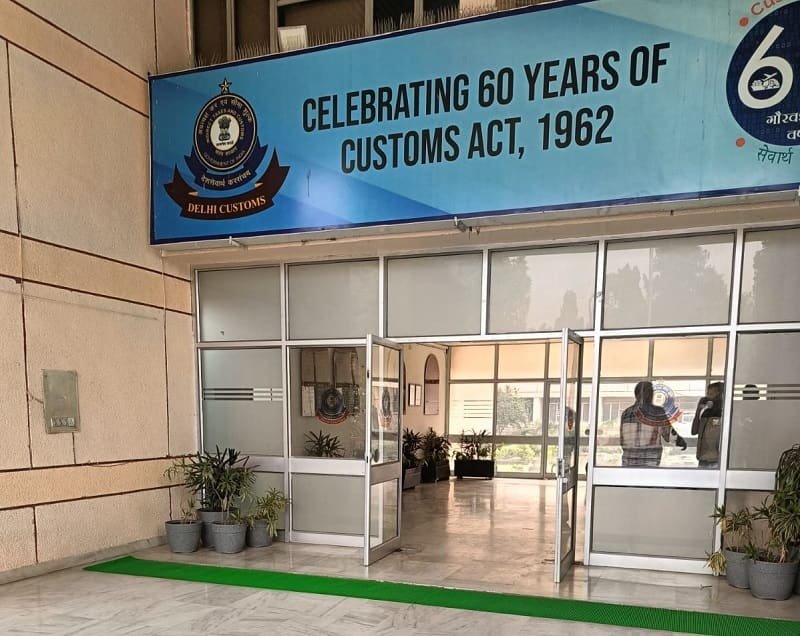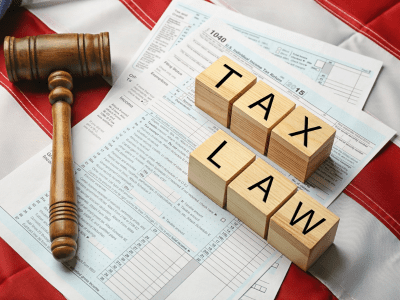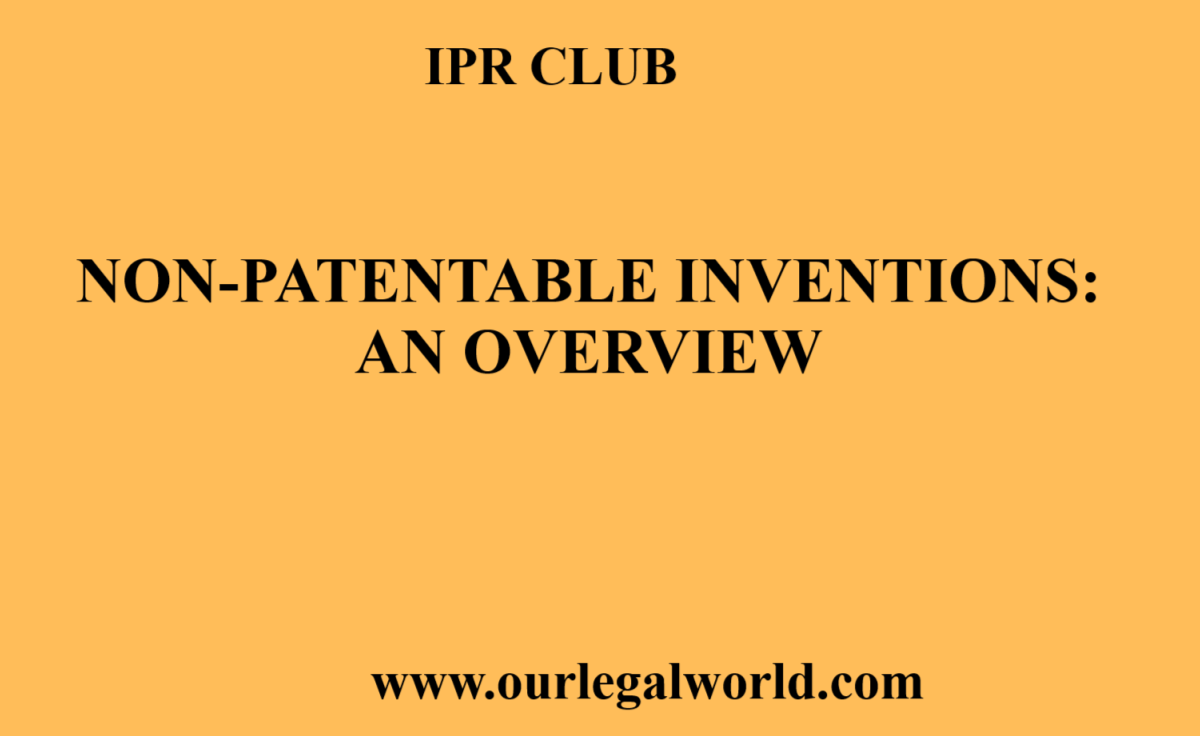2. Satya Raj Singh v. The State of Madhya Pradesh
The Indian Penal Code, 1860 – Section 302 / 34 – The Criminal Procedure Code, 1973 – Section 313
It is not the function of Apex Court to reassess evidence and an argument on a point of fact which did not prevail with the Courts below cannot avail the appellants in Supreme Court.
Referred to : Lachhman Singh v. State, AIR 1952 SC 167
3. MURTI BHAWANI MATA MANDIR REP. THROUGH PUJARI GANESHI LAL (D) THROUGH LR KAILASH v. RAMESH & ORS.
“The provisions of Section 144, CPC were not attracted there being no variation or reversal of a decree or order as contemplated by Section 144.”
In this case, a suit for permanent injunction was dismissed by the trial court on 11 April 1981 on the ground that the plaintiff had failed to prove possession over the land in dispute. This dismissal was later confirmed by the high court.
4. ANIL KUMAR V. UNION OF INDIA AND ORS.
The Supreme Court has observed that no authority can claim a privilege not to comply with its judgment.
“CSIR by reason of its autonomy may have certain administrative privileges. No authority can, however, claim a privilege not to comply with a judgment of this Court. Once the law was enunciated in Dev Dutt’s case (supra), all instrumentalities of the State were bound to follow the principles laid down by this Court. CSIR was no exception.”
Refereed to: Dev Dutt vs. Union of India, Sukhdev Singh vs. Union of India
5. Dr. H.K SHARMA V. SHRI RAMLAL
Transfer of Property act sec. 111: mere agreement to sell the property of the landlord to the tenant would not result in termination of landlord-tenant relationship between the parties unless there is a stipulation in the agreement itself to that effect.
“A fortiori, the parties did not intend to surrender the tenancy rights despite entering into an agreement of sale of the tenanted property. In other words, if the parties really intended surrender their tenancy rights as contemplated in clauses (e) or (f) of Section 111 of the TP Act while entering into an agreement to sell the suit house, it would have made necessary provision to that effect by providing a specific clause in the agreement. It was, however, not done.”






![Jamia Hamdard Mediation Competition 2025 at School of Law, HILSR [21st February 2025]](https://ourlegalworld.com/wp-content/uploads/2024/12/Screenshot-11-min-1.png)


